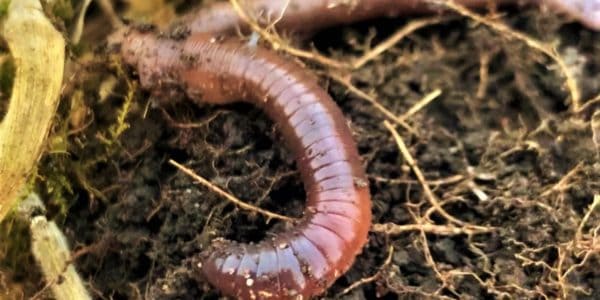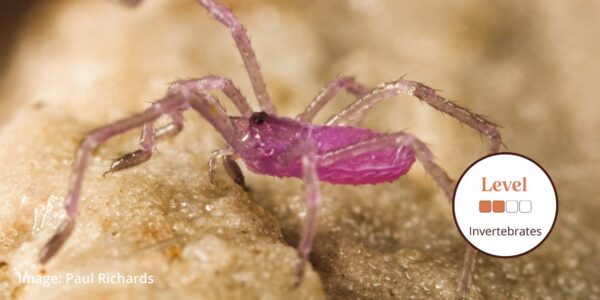For a wriggling and slimy invertebrate, earthworms have a good reputation. Most people recognise that earthworms are important, but few understand the true power of these ecosystem engineers or even that not all earthworms are the same.
Find out how different types of earthworm perform different ecological roles and be prepared to be surprised at some of the natural processes that earthworms contribute to. This course will arm beginners with the underpinning knowledge needed of earthworm biology, ecology, behaviour and diversity to embark on their earthworm journey, as well as putting this knowledge into practice by finding earthworms in their natural habitat and categorising them into one of four ecological categories.
This course is aimed at adults only and course attendees must be at least 18 years old in order to attend.
This course will cover:
- Earthworm Biology
- Earthworm Ecology & Behaviour
- Earthworm Diversity
- Finding Earthworms
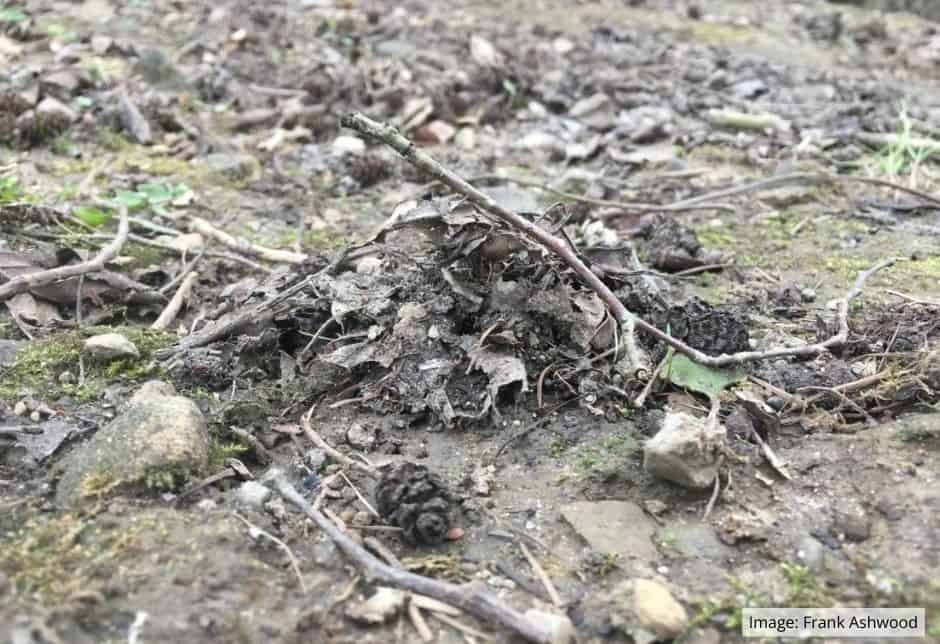
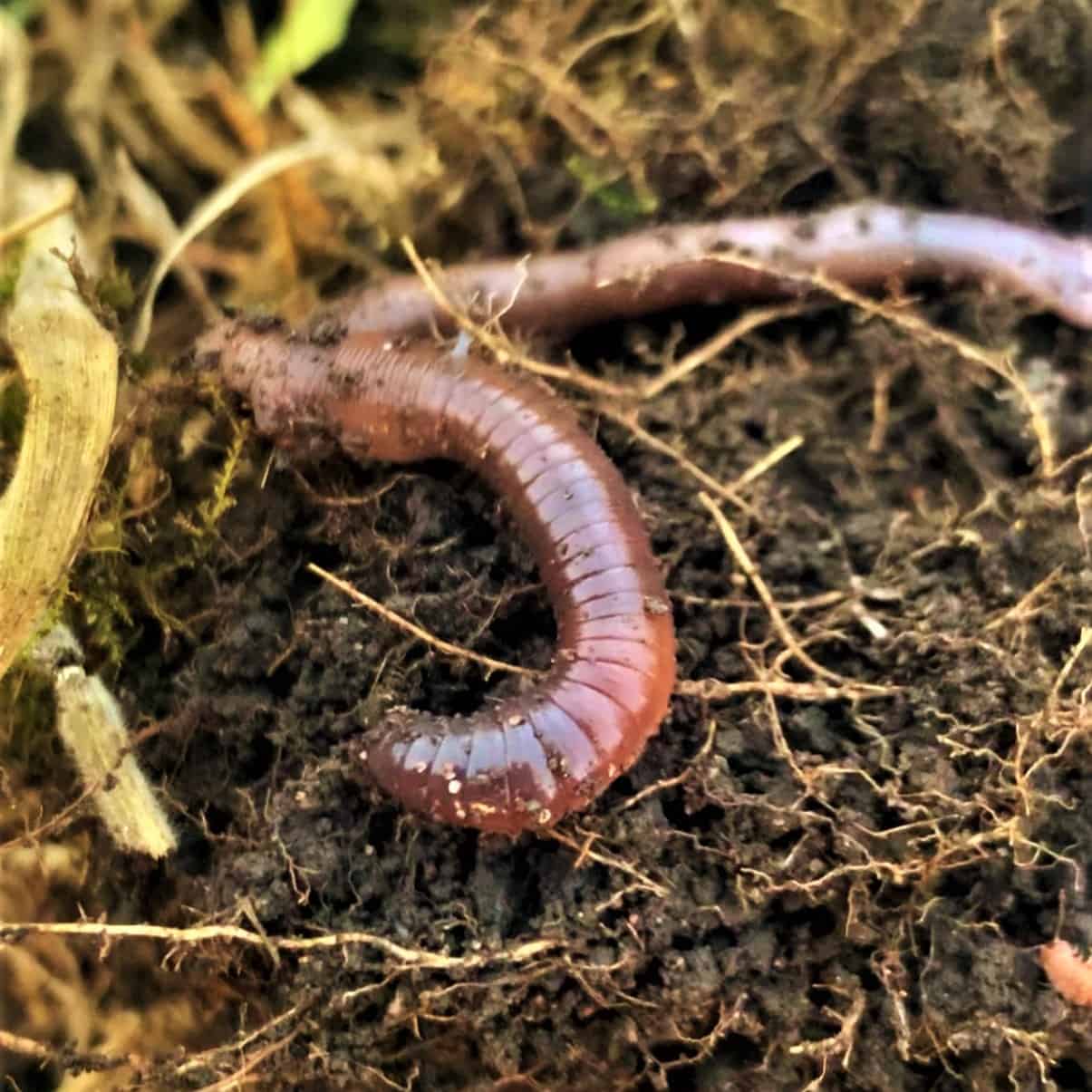
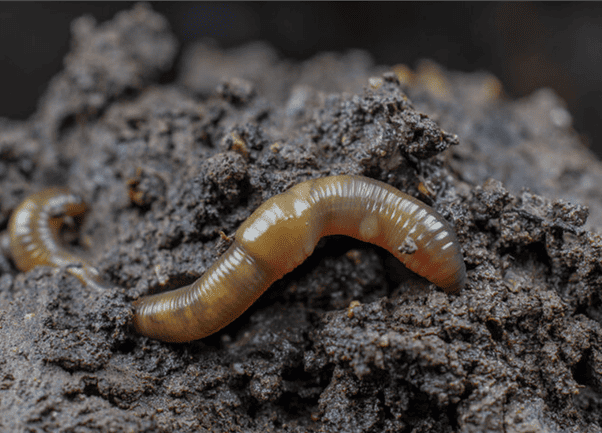
Read More
This is a 4-week introductory online course for adults, with a weekly time commitment of 3-5 hours per week. You will have access to study content, activities and tutor-graded assignments through the FSC virtual learning platform, Moodle. You will also have access to weekly live virtual classroom sessions at the end of each week with the course tutor through Zoom (recorded for those that are unable to attend the live sessions). Upon completion, you will receive a downloadable e-certificate, marking your completion of this course endorsed by the Earthworm Society of Britain.
Please note – you will need to have access to and be able to use a spade (or have someone willing to help) to fully complete this course. This course is NOT a species identification course and will only go as far as categorising British earthworm species into 4 ecological categories.
By the end of this course, you will have:
- An understanding of the basics of earthworm taxonomy and be able to describe where they fit into the animal kingdom.
- The ability to describe the basic internal and external features of an earthworm.
- An understanding of some of the biological systems important for earthworms, including reproduction, respiration and locomotion.
- An understanding of the effects and impacts that earthworm burrows, bioturbation, burial, middens and casts have.
- An understanding of the research that has been implemented investigating intelligence and consciousness in earthworms.
- An understanding of earthworm behaviour and the ways in which earthworms respond to different environmental pressures.
- An understanding of earthworm diversity both worldwide and within the UK.
Be able to describe the differences between the 4 broad ecological groups of earthworms. - The ability to give examples of species of earthworm from around the world.
- The ability to name examples of invasive non-native species of worm.
- An understanding of earthworm habitats that worms can be found in.
- The ability to to find examples of the 4 broad ecological groups of earthworms.
- The ability to recognise field signs of earthworm activity.
Who Should Attend? – Anyone interested in learning more about these fascinating underground animals!
Knowledge Level – Introductory. Level descriptors can be found on the following webpage: Framework and Course Level Descriptors
Prior Knowledge – No existing knowledge or experience is needed for this course, just a willingness to contribute and learn.
Please note – bookings will close 2 working days before the course start date to allow for all participants to be enrolled to the online platform – bookings will not be taken after this time.*
*Bookings will close sooner if course capacity is reached.
Understand how our online courses are delivered here.
Live Webinar Information
There are 4 webinars for this course, taking place each week. Please see the listings below for the date and time.
Please note – webinars will be recorded and uploaded to the virtual learning platform for learners unable to attend.
About the Tutor
Keiron Derek Brown
Keiron Derek Brown is passionate about biological recording and studying invertebrates, and delivers a wide range of events and training opportunities through the Biological Recording Company. He is the national recorder for earthworms (running the National Earthworm Recording Scheme on behalf of the Earthworm Society of Britain) and the Chair of the Ecology & Entomology section of the London Natural History Society. He also sits on the advisory council of the National Forum for Biological Recording.
Between 2016 and 2023 he designed and managed the £1.6 million FSC BioLinks project for the Field Studies Council, with the aim of inspiring amateur naturalists to take up the identification and recording of invertebrate groups that are often forgotten and rarely recorded.
Example Timetable
Timetable
Week 1: Earthworm Biology
SIN101 Earthworm Biology will start with what makes an earthworm an earthworm and where earthworms fit within the tree of life. We will then provide an introduction to the biology of earthworms, including their anatomy and some of the biological processes occurring within the earthworm.
Week 1 live webinar: 14/09/23 17:30-18:15
Week 2: Earthworm Ecology and Behaviour
SIN102 Earthworm Ecology & Behaviour will explore the role of earthworms within the ecosystems that they inhabit. We will start with the findings of Charles Darwin regarding earthworm intelligence and the role of earthworms in bioturbation. We will then move on to various behaviours of earthworms, including burrowing, dormancy and dispersal.
Week 2 live webinar: 21/09/23 17:30-18:15
Week 3: Earthworm Diversity
SIN103 Earthworm Diversity will explore how British and Irish earthworms can be categorised by their ecology and behaviour into 4 ecological categories, with guidance on how to determine the ecological category an earthworm belongs to in the field based on the size, colour and pigmentation of an earthworm. We will then look a little further afield and discuss the diversity of earthworms globally, with a look at some amazing species found outside of the British Isles and the impact of British & Irish earthworms in ecosystems they have been introduced to abroad.
Week 3 live webinar: 28/09/23 17:30-18:15
Week 4: Finding Earthworms
SIN104 Finding Earthworms will put the things that we’ve learned about earthworms into practice and look for earthworms in their habitats. This will involve looking for earthworms and earthworm field signs in your garden or allotment (or local park). We will ask you to search above-ground habitats for earthworms and look for earthworm field signs.
It is recommended that you have attempted the assignment before the week 4 live webinar as this will be based on troubleshooting and discussing finds.
Week 4 live webinar: 05/10/23 17:30-18:15
Final deadline
The final deadline to complete any outstanding assignments and self-study components is one week after the last live webinar.
Time commitment: This course will require approximately 2-3 hours of your time each week. This includes covering course materials on our Moodle learning platform and the Zoom session.
What's Included
The course has been carefully created by expert tutors and educators to help you build your knowledge and apply it within the field surrounded by like-minded individuals.
The course includes:
- Classroom learning covering the theory of the species
- Field excursions to apply new knowledge
- Expert tuition for which the Field Studies Council is renowned
- Clear objectives and progression
You can rest assured that the absolute best content from an expert in environmental education will be provided. In choosing a Field Studies Council course, you will be joining thousands of people who learn with us each year.
Bursaries and Subsidies
Student Discount
This course is eligible for a student discount. If you are a current student, please use discount code BioStudent20 at checkout for 20% off all Biodiversity courses.
Natural History Bursaries
There are a number of natural history bursaries available to help with the cost of your course. To find out if you and your chosen course are eligible, read more here.
Before You Attend
Accessing Your Course
- Once you sign up you’ll receive an email at least 24 hours in advance of the course opening with details of how to access our easy-to-use platform, Moodle.
- Moodle can be accessed through a browser or an app.
- Webinars are via Zoom so you won’t need any new software to attend
Opportunities to attend this course
This course is not currently available to book. Dates will follow soon.
Sign up to our Email Newsletter
Progress Your Learning
This is a training course from the Field Studies Council, delivered by expert tutors with an approachable learning style. After attending this course, you may like to progress your learning with further relevant courses or branch out into other areas of natural history. The Field Studies Council offers both online and in person courses, so you can choose the learning style that suits you best.
The course gives you the opportunity to immerse yourself in a new subject and acquire novel skills. Our online portal gives you time to study at your own pace and fit the lessons around your own schedule.
If you have any questions about our courses please check our Frequently Asked Questions or email [email protected].
Group Bookings Made Easy
If you have a group of 10 or more individuals wanting to complete one of our courses, our team are available to discuss your options – from discounts to private team courses. Find out more!
You can rest assured that the absolute best content from an expert in environmental education will be at your fingertips. In choosing a Field Studies Council course, you will be joining thousands of people who learn with us each year.

